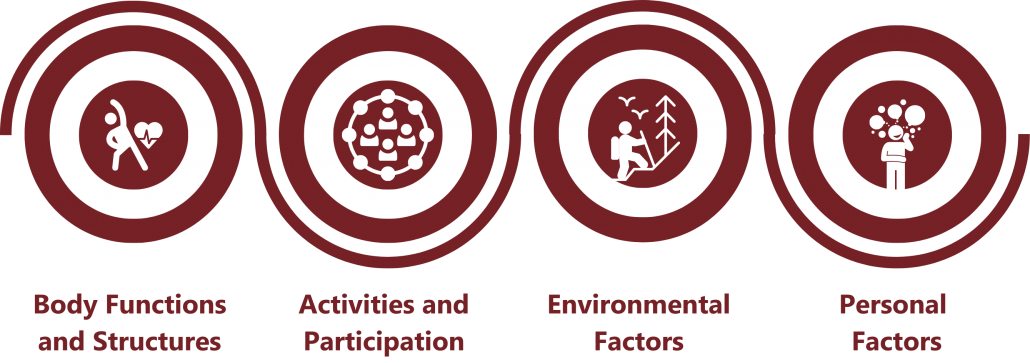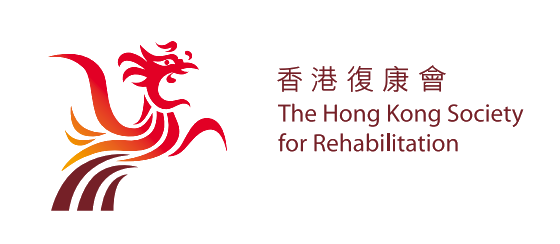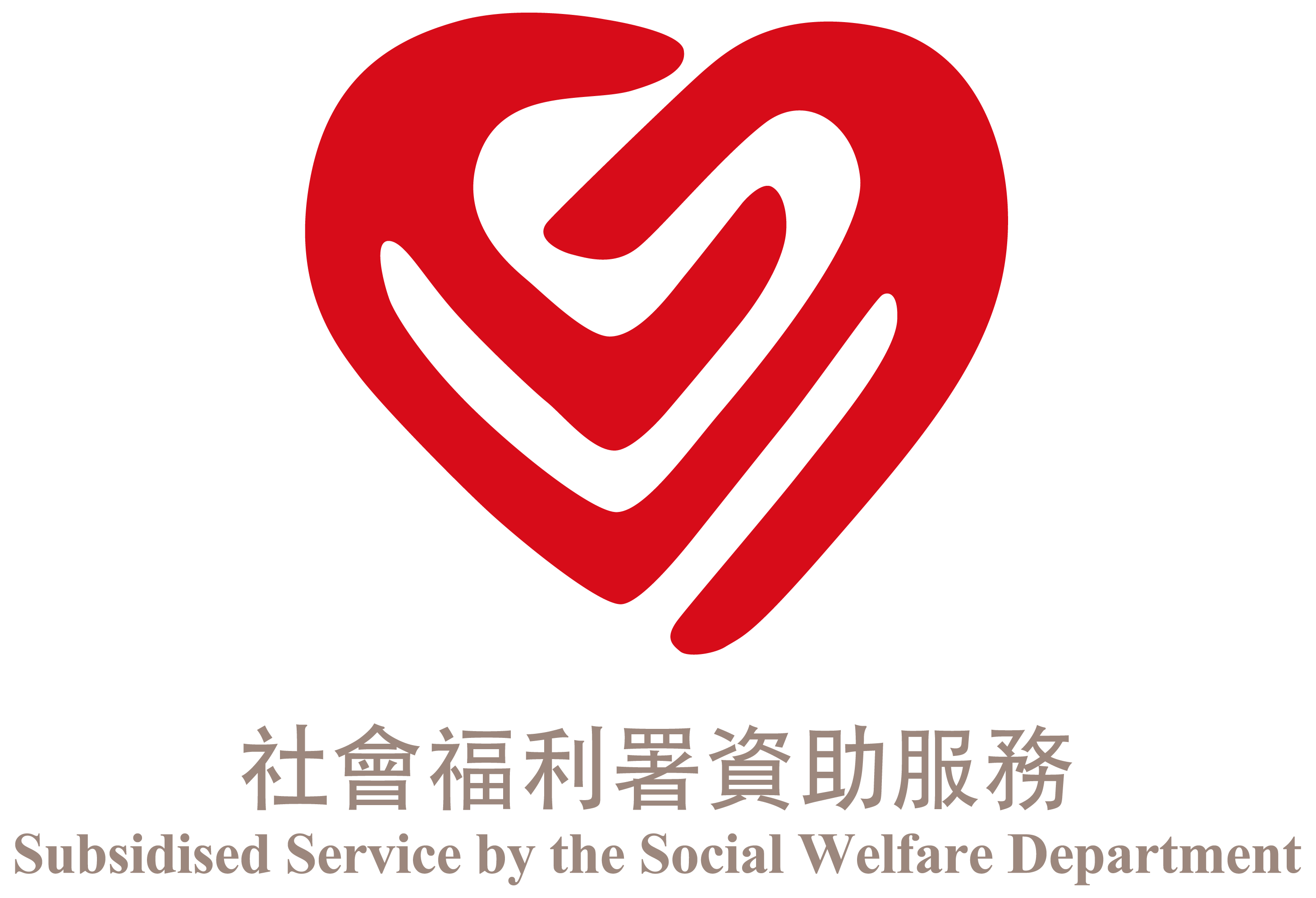Challenges Faced by Chronically Ill Patients in their Daily Lives

According to the definition of chronic diseases by the Centre for Disease Control and Prevention, chronic diseases are broadly defined as conditions that last for one year or longer, require ongoing medical attention, or limit daily activities, or both. In the thematic household statistics report No. 78 released by the Census and Statistics Department for 2022-2023, there are a total of 2,164,600 people with chronic diseases in Hong Kong, accounting for approximately 31.2% of the total population.
Disabilities and Impairments Caused by Illnesses
Chronic illnesses are diverse, and each type can affect different bodily functions, including the lower limbs, upper limbs, speech, cognition, vision, hearing, joint function, pain, mental health, and sleep, among others. Many patients often suffer from more than one chronic illness, facing varying degrees of discomfort or physical limitations. Sometimes, the condition may worsen due to factors such as disease progression, aging, or changes in weather, leading to increased restrictions.
Affected Independence in Daily Living and Participation in Community Activities
Due to physical limitations, individuals with chronic illnesses often find their daily self-care abilities affected. Tasks such as getting out of bed, personal hygiene, dressing, and eating may require assistance or special arrangements. When going out, they need to prepare in advance on various practical aspects, such as checking the weather, finding someone to accompany them, arranging transportation, and ensuring that the activity venue is accessible. This need for careful coordination of time, location, and support can lead many patients to become increasingly hesitant to participate in community activities.
Affected Social Relationships and Coping with Loss
Illness not only directly impacts social relationships but may also require extended periods of rehabilitation or avoidance of specific activities, leading to increased isolation for patients. Additionally, the long-term physical and mental stress can alter their ways of interacting with others, diminishing their enthusiasm for interests and pursuits. Losing physical abilities, independence, social circles, and even employment can profoundly disrupt their life plans. The weight of these losses can ultimately lead to a diminished sense of self-worth and confidence.
Lack of Barrier-free Living Environment
In the workplace, public facilities, and other locations, a lack of ideal barrier-free infrastructure can significantly impact the ability of individuals with chronic illnesses to actively participate in community activities. Additionally, some chronic illness patients may face unfair treatment and discrimination. Such a lack of understanding and inclusivity, especially when it comes from family and friends, can further exacerbate their challenges in coping with and accepting their chronic conditions.
Applying International Classification of Functioning, Disability and Health (ICF) in Rehabilitation Services for Patients with Chronic Illnesses

ICF employs a unified and standardised language and framework, serving as a cross-cultural, age, and gender classification system applicable to various rehabilitation treatments, services, and policies. In the Asia-Pacific region, countries like Australia, Taiwan, and Japan have been pioneers in applying the ICF across different domains.
Rehabilitation treatments primarily focus on addressing physical impairments and alleviating symptoms to help individuals regain their previous way of life. However, the extent of community participation depends on whether environmental barriers have been removed. Individuals undergoing rehabilitation often have limited participation or leadership in their treatment, leading to a more passive role. As a result, they may become more aware of their decline and lost abilities, feeling that they are “not making progress” and “will never fully recover.”
In contrast, ICF framework allows for a multi-dimensional analysis of individuals’ situations from the inside out, considering personal, community, physical environment, and systemic factors. This framework helps staff understand not only physical impairments but also the extent of daily activities and community participation. It highlights the capabilities of patients and what they can achieve, enabling rehabilitation goals to focus on enhancing activity and community involvement within the constraints of physical limitations, thereby improving quality of life.
On the path to recovery, our services do not solely concentrate on enhancing physical functions. It is equally important to provide more equitable and barrier-free opportunities for community participation. This allows individuals with chronic illnesses to understand that, despite physical limitations and ongoing health challenges, they can still enjoy nature, meet friends, cultivate interests, and plan for an ideal life — life still holds infinite possibilities!
ICF-related Services
The Hong Kong Society for Rehabilitation Community Rehabilitation Network
The Hong Kong Society for Rehabilitation Cheng Tak Yim Day Rehabilitation and Care Centre
The Hong Kong Society for Rehabilitation Jockey Club Geriatric Rejuvenation Hub
The Hong Kong Society for Rehabilitation The Vocational Rehabilitation and Retraining Centre
ICF-related Academic Publications
Academic Journals
2023 l Frontiers in Neurology
International Classification of Functioning, Disability and Health-based rehabilitation program promotes activity and participation of post-stroke patients
2023 l Frontiers in Rehabilitation Sciences
Goal-setting and personalization under the International Classification of Functioning, Disability, and Health framework: Community reintegration program for post-stroke patients
2018 l Chinese Journal of Rehabilitation Theory and Practice
Content Analysis of Definition and Measurement of Disability: Based on ICF and UN Convention on the Rights of Persons with Disabilities
2017 l Patient Education and Counseling
A latent profile analysis on patient empowerment programme in a Hong Kong primary care setting
2014 l Disability and rehabilitation
Validation of the World Health Organization Assessment Schedule II Chinese Traditional Version (WHODAS II CT) in persons with disabilities and chronic illnesses for Chinese population
2014 l Chinese Journal of Rehabilitation Theory and Practice
Difficulty in Activity and Participation among Persons with Disabilities and Chronic Illness in Hong Kong SAR with WHO Disability Assessment Schedule II (WHODAS 2.0)
2013 l Journal of Rehabilitation Medicine
Exploration Of ‘Disability Levels’ With WHODAS II Among Persons With Disability And Chronic Diseases In Hong Kong
Conference Presentations
2023 l Hong Kong Rehabilitation Alliance Workshop: “Understanding ICF and Exploring Application Cases”
Introduction to the Application of the “International Classification of Functioning, Disability and Health” in Services for Individuals with Physical Disabilities
2022 l Seminar on “International Classification of Functioning, Disability and Health” Practicing ICF in Rehabilitation and Social Services: From Theory to Application
Applying ICF in Rehabilitation and Social Services in Hong Kong: A Non-Governmental Organization Perspective
2022 l Seminar on “International Classification of Functioning, Disability and Health” Practicing ICF in Rehabilitation and Social Services: From Theory to Application
Using ICF to Assess the Rehabilitation Service Needs of Individuals with Disabilities in Macau
2022 l Seminar on “International Classification of Functioning, Disability and Health” Practicing ICF in Rehabilitation and Social Services: From Theory to Application
Application of ICF in Community Stroke Rehabilitation Services: Constructing Personalised and Comprehensive Rehabilitation
2022 l Seminar on “International Classification of Functioning, Disability and Health” Practicing ICF in Rehabilitation and Social Services: From Theory to Application
Application of ICF in Vocational Rehabilitation: Comprehensive Intervention and Job Matching through the “Vocational Rehabilitation Questionnaire”
2021 l Cross-Strait and Hong Kong-Macau Smart Rehabilitation Medical Conference
Application of the International Classification of Health Functioning and Disability (ICF) in Stroke Rehabilitation Services: “Hong Kong Experience”
2021 l 12th Pan-Pacific Conference on Rehabilitation 2021
An ICF-based Stroke Rehabilitation Program Enhances Community Reintegration of Subacute Stroke Clients
2020 l International Rehabilitation Day 2020: Cardiovascular Disease Prevention and Rehabilitation Summit in the Guangdong-Hong Kong-Macau Greater Bay Area
A “Person-Centered” Community Rehabilitation Service Model for Stroke (ICF Application Case)
2020 l eConnect Special Sharing
Introduction to the “International Classification of Functioning, Disability and Health” and Its Application in Vocational Rehabilitation
2019 l Academic Seminar of the Professional Committee on Disability Classification, China Rehabilitation Association [China]
“Experience from a Hong Kong Non-Governmental Organization: Applying ICF in Community-Based Rehabilitation Services”
2018 l 2018 International Summit on Disability and Development: Achieving Disability Inclusive UN SDGs [Beijing, China]
Applying ICF in Community-Based Rehabilitation Services: Experience from a Hong Kong Non-Governmental Organization
2017 l 4th International Conference on Practice Research: Recognizing Diversity, Develop Collaborations, Building Networks
Practice Research on Definition of Disability? ~ Develop ICF from a Social Issue to Organizational and Policy Concern in Hong Kong
2014 l 2014 Asian Chinese QoL Conference [China, Guangzhou]
Psychometrics Properties of the World Health Organization Assessment Schedule II Chinese Traditional Version (WHODAS II CT) among Persons with Disabilities and Chronic Illnesses for Chinese Population
2013 l World Congresses of the International Society of Physical and Rehabilitation Medicine 2013 [Beijing, China]
Exploration Of ‘Disability Levels’ With Whodas Ii Among Persons With Disability And Chronic Diseases In Hong Kong
ICF-related Lectures
The Hong Kong Society for Rehabilitation Community Rehabilitation Network 30th Anniversary cum Hong Kong Society for Rehabilitation 65th Anniversary Conference – Synergising Rehabilitation with Primary Healthcare for Quality Community Living and Sustainable Development
January 2025
International Classification of Functioning, Disability and Health (ICF) – A Seminar on the Theoretical Framework and Applications
November 2023
A Symposium on International Classification of Functioning, Disability and Health (ICF) – Actualization of ICF in Rehabilitation and Social Service: From Theory to Application
November 2022
International Classification of Functioning, Disability and Health (ICF) Seminar
January 2013
ICF-related Videos
ICF-related Tools (Development)
WHO Disability Assessment Schedule 2.0 Chinese Traditional (WHODAS 2.0CT)

Description:
WHODAS2.0 is developed by the World Health Organization as a generic assessment instrument for health and disability. It measures the performance (level of difficulty) of 6 domains of functioning (Cognition, Mobility, Self-care, Getting along, Life activities, Participation). The HKSR has translated the tool into Traditional Chinese and validated it among people with various types of disabilities and chronic conditions in Hong Kong in 2014.
Reference Publication:
Cheung, M. K., Hung, A. T., Poon, P. K., Fong, D. Y., Li, L. S., Chow, E. S., … & Liou, T. H. (2015). Validation of the World Health Organization Assessment Schedule II Chinese Traditional Version (WHODAS II CT) in persons with disabilities and chronic illnesses for Chinese population. Disability and rehabilitation, 37(20), 1902-1907.
Work Rehabilitation Questionnaire (WORQ) – Brief-self Reported Chinese (Cantonese) Version

Description:
WORQ is a patient-reported outcome measures (PROMs) to assess and evaluate functioning in vocational rehabilitation settings using the ICF Core Set for Vocational Rehabilitation. The HKSR has translated the brief-self reported version into Traditional Chinese (Cantonese) in 2020 and the validation is in progress.
Useful Information
“Sailing Forward – New Perspectives on ICF Stroke Rehabilitation: From Concept to Practice”
This book integrates the experiences of the Hong Kong Rehabilitation Association in applying the ICF model in stroke rehabilitation services. It shares application techniques and service design concepts, aiming to enhance understanding and support for individuals with disabilities. The goal is to collectively promote “change” and continuously optimise rehabilitation services and quality.
*For more information about ICF and related services, you can email icf@rehabsociety.org.hk for inquiries.





















